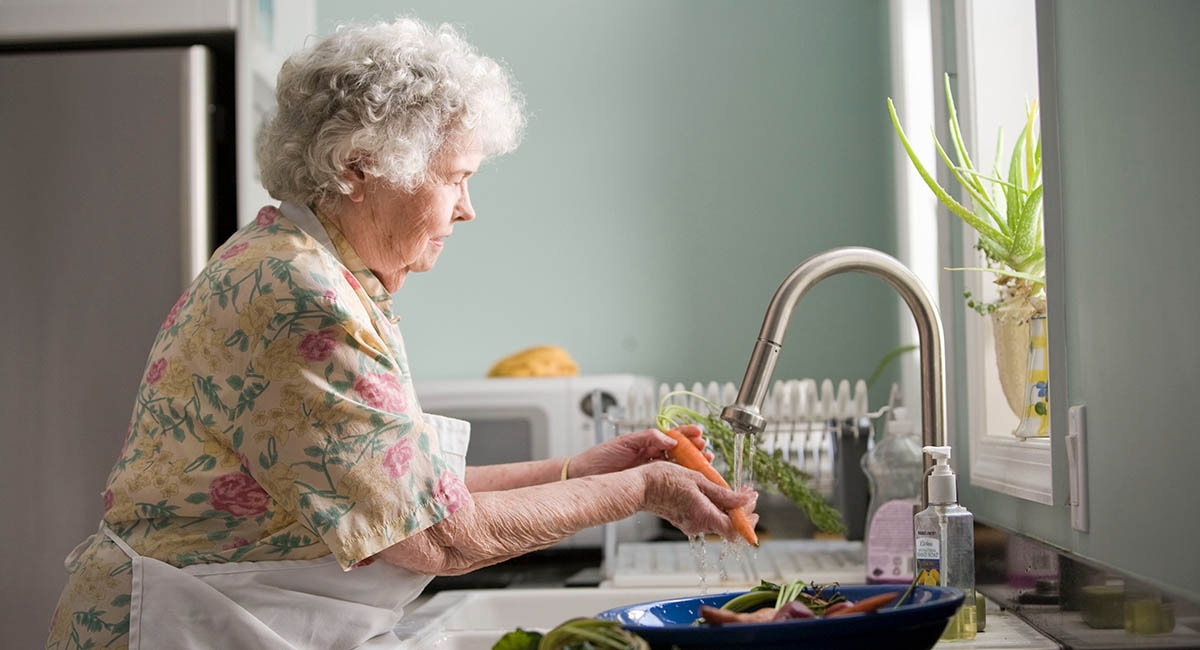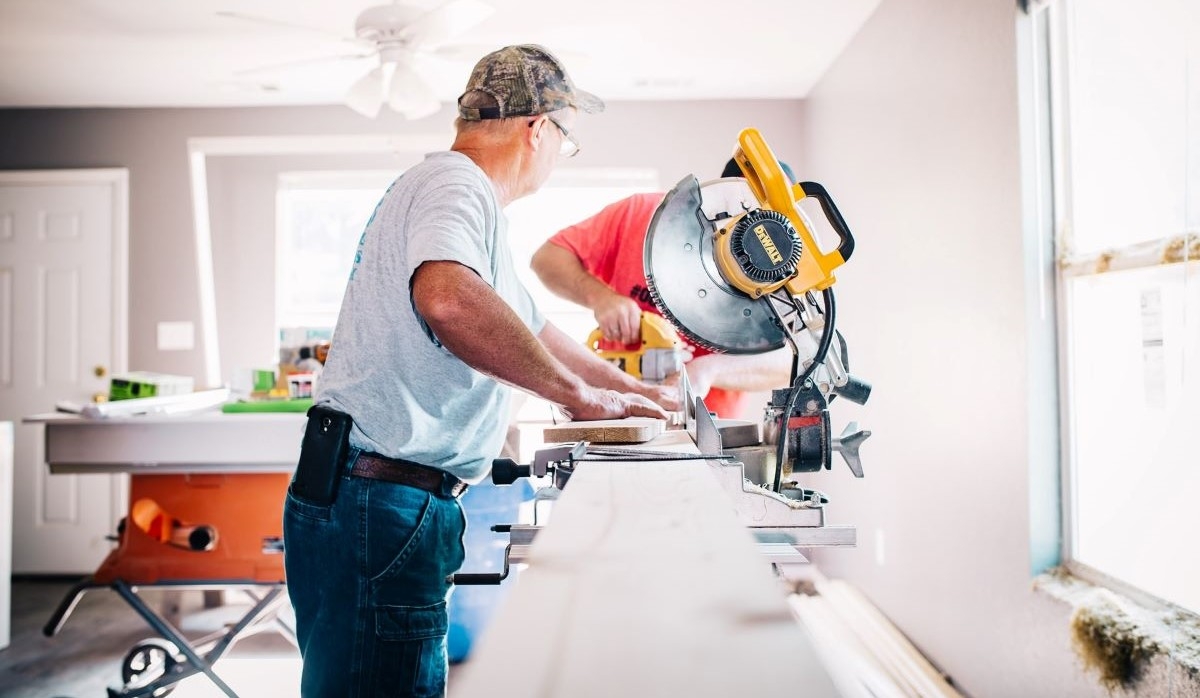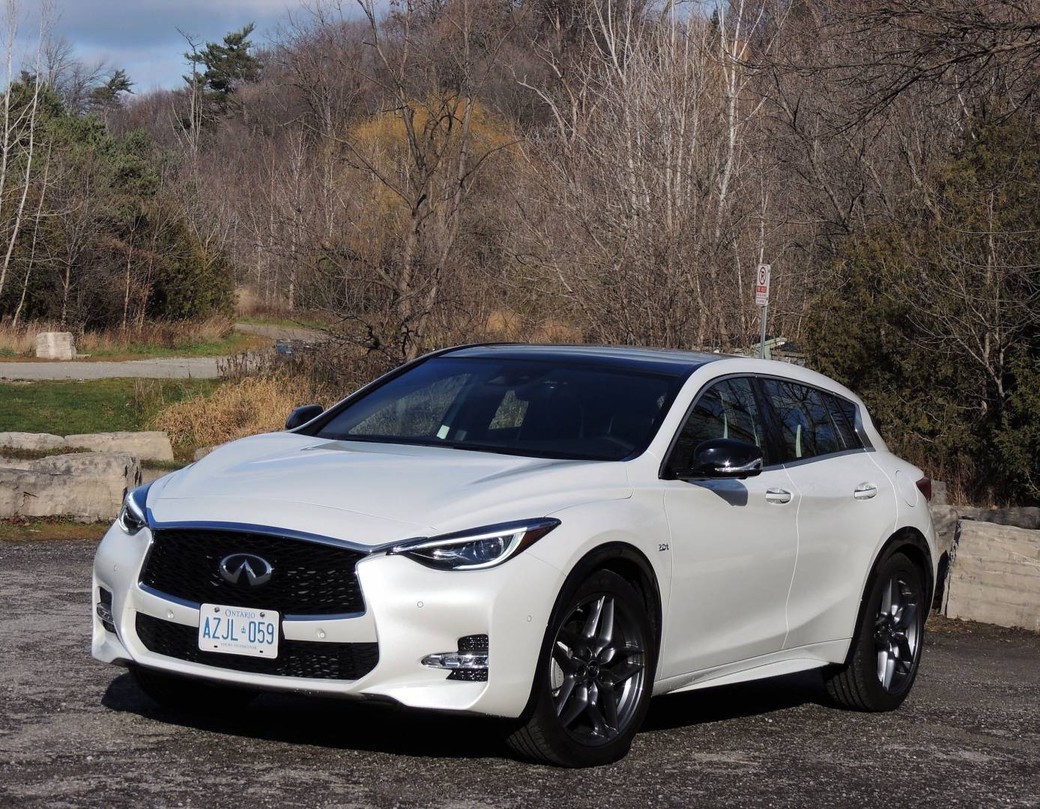
Key home safety tips for seniors
Three million Americans aged 65 and above are treated for fall injuries annually. One out of five of these fall victims sustain serious injuries such as broken bones and head injuries. There's a need to address home safety issues and fall prevention for those who want to age in place with their loved ones.
There's a significant mismatch between homes and seniors' needs, and safety measures to curb slips, injuries, and falls should be put in place. In this article, you'll find tips that will help you ensure safety for your aging relatives.
1. Utilize technology to enhance safety
Technological devices such as medical alert systems for the elder's home and outdoor safety are wearable and have easy-access buttons that help alert a caregiver in case of an emergency. How to choose a medical alert system depends on the senior's needs. Some of the features to look out for include:
On the go devices
These are GPS-enabled devices and ideal for seniors who like to socialize outside the home, don't let their physical weaknesses limit them, are active but are at risk of becoming frail, and those that often go out alone.
At-home devices
At-home devices have a fall detector and a push button that enables your loved ones to get help whenever the need arises and are ideal for the seniors who are at-risk or have a history of falling, have chronic diseases like diabetes, mobility issues, are visually impaired, and those recovering after discharge.
Wandering devices
Wandering devices have a GPS tracker and are suitable for seniors who like to wander, can easily get lost, and those that get confused in crowds.
2. Home modifications
Home modifications are meant to make the seniors more independent and lower their fall risks. Some of the modifications you should consider are wider doorways where the senior uses a wheelchair to move around, decluttering the house by arranging your furniture far apart to avoid tripping, and low-lying objects such as coffee tables should be kept off the pathway.
Ensure bathroom safety by installing grab bars and putting rubber mats in the bathtub to prevent slips. In the bedroom, replace a soft sagging mattress with a firm one.
For the stairs, consider installing stairlifts to ease movement up and down the stairs. Remove any fall hazards by getting rid of throw rugs, old furniture, extension cords across floors, and ensuring that they have non-slip footwear.
In case of emergencies, the seniors should be able to access emergency contacts and have phones within reach. Anything that can cause a fire, like candles, should be kept out of reach. If elders perform yoga exercises, consider having them do chair yoga.
3. Make your home smart
You can make your home smart by installing tech devices to enhance safety. They include voice-activated assistants, smart pill dispensers, smart locks, security cameras, robotic vacuum, smart light bulbs, smart garage door controller, smart air filter monitor, and a smart leak detector. They are critical in enhancing safety whenever an elder is left alone.
Endnote
Aging adults are prone to various risks at home including falls. Implementing these tips will help to enhance the safety of aging family members at home.
Photo: Unsplash













